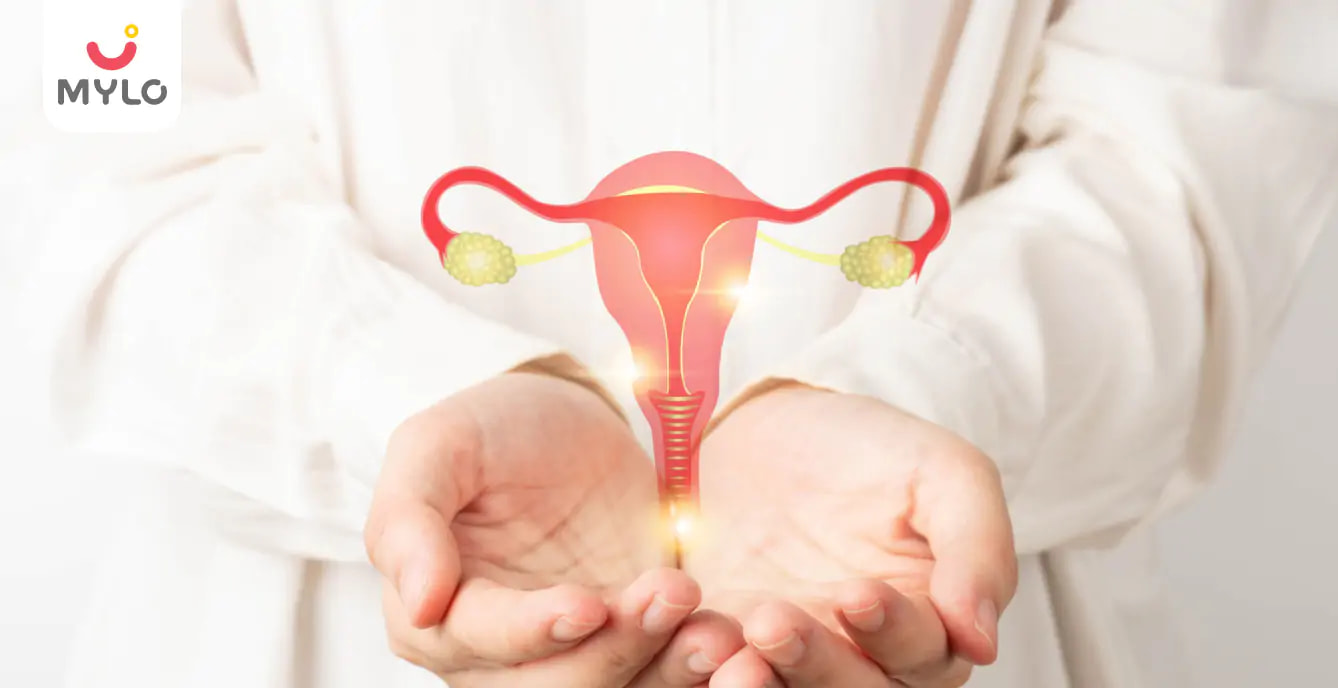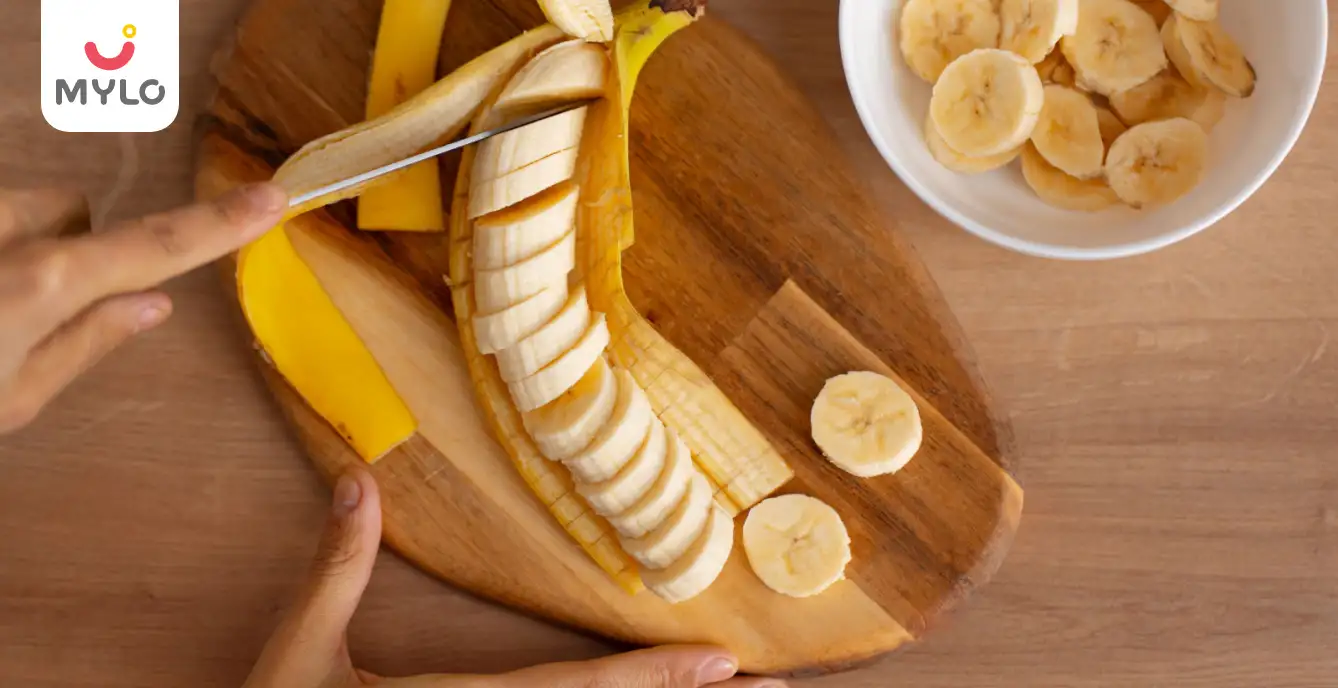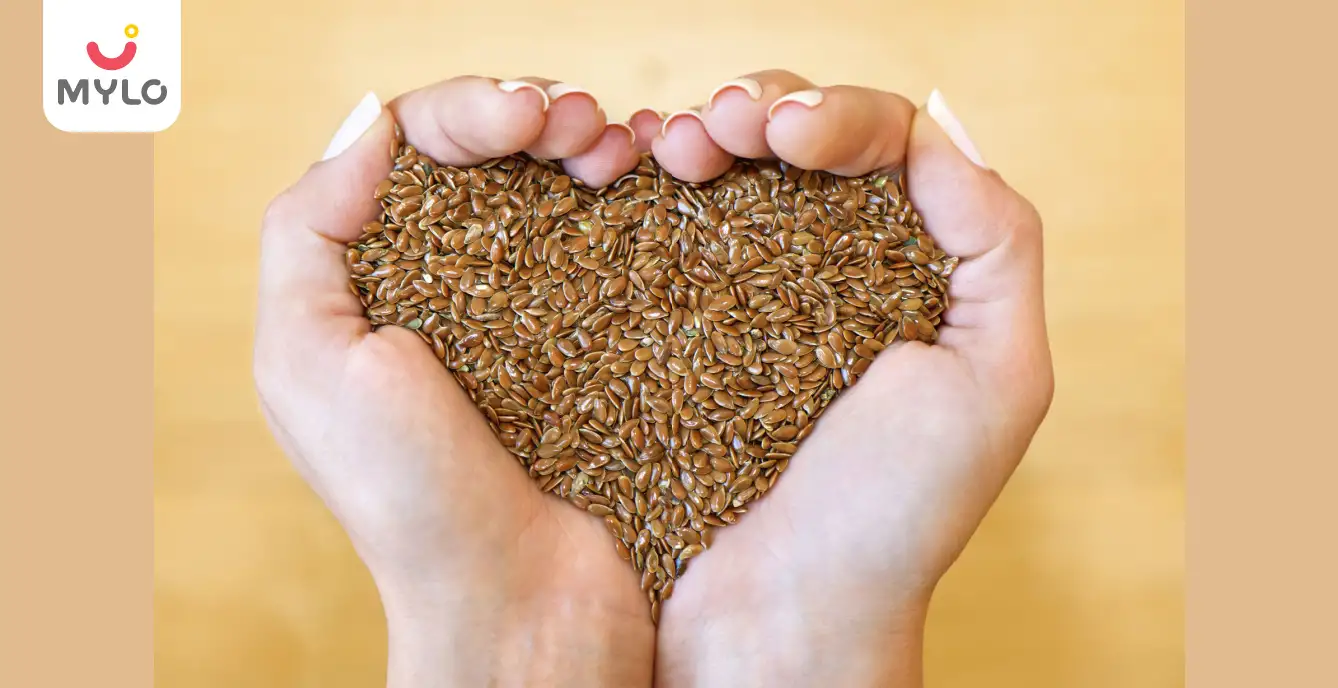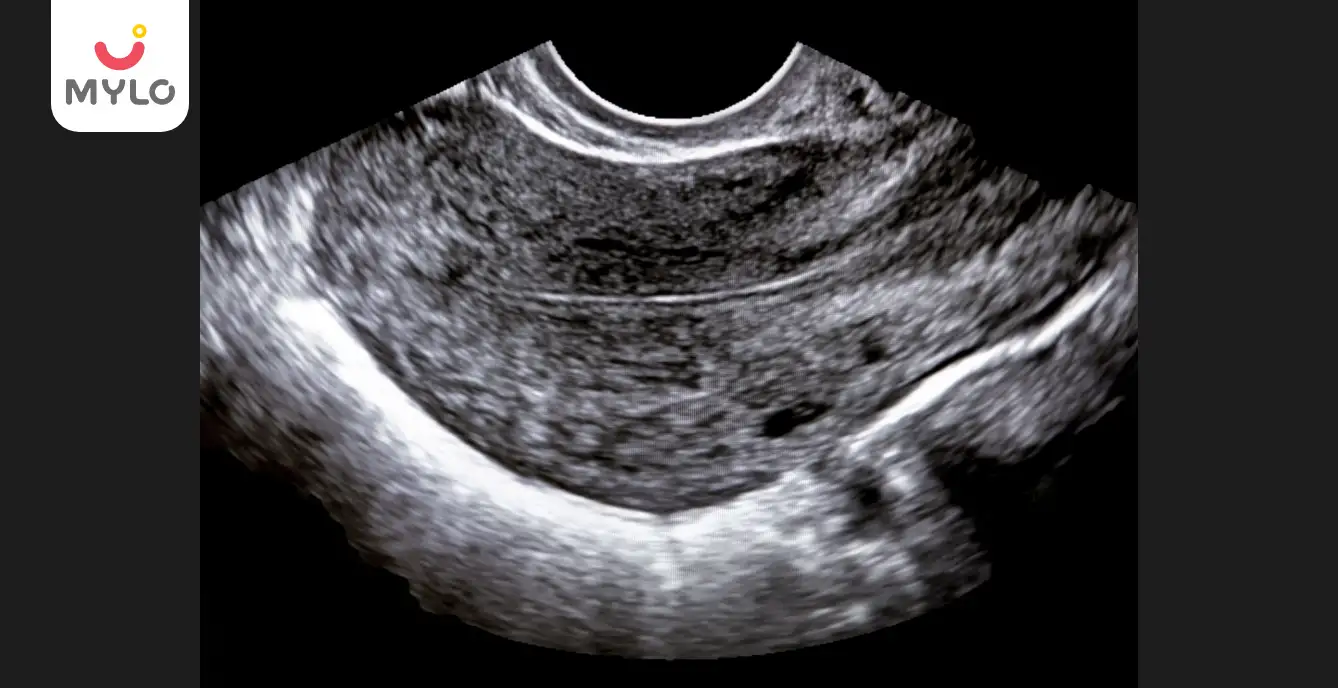Home

PCOS & PCOD

Can PCOS/PCOD Affect the Fertility of Women and How to Manage It?
In this Article

PCOS & PCOD
Can PCOS/PCOD Affect the Fertility of Women and How to Manage It?
Updated on 15 September 2023
Around one-third of all women across the globe have PCOD(Polycystic Ovarian Disorder). PCOS/PCOD is also one of the most common reasons women face problems while conceiving. In this article, we will understand how PCOS/PCOD affects the fertility of women and its causes, management and prevention of side effects.
What is PCOS/PCOD?
Although PCOS and PCOD sound similar and one might confuse them for the same thing, they are a little different. Polycystic Ovarian Syndrome (PCOS) occurs due to hormonal imbalance in the reproductive system, causing ovaries to produce excess androgens, making eggs prone to become cysts and building up in the ovaries.
While in Polycystic Ovarian Disorder (PCOD), the ovaries begin to release immature eggs that lead to hormonal imbalance and swollen ovaries. These immature eggs go on to develop cysts. There is no cure for PCOS/PCOD but it can be managed by lifestyle changes.
How does PCOS/PCOD affect fertility?
Generally, ovaries produce eggs that release each month as part of a healthy menstrual cycle. In PCOS/PCOD, eggs may not develop and may not release as they should be. Resultant, irregular periods lead to infertility and the development of cysts. Despite PCOS/PCOD, many women go on to have a smooth pregnancy and deliver a healthy baby with the help of fertility-enhancing drugs, assisted reproductive techniques and lifestyle changes.
Causes of PCOS
Most women discover they have PCOS/PCOD in their 20s and 30s, often when they get problems while getting pregnant. However, it can happen at any age, even at the time of puberty. The common causes of PCOS are:
- When the male hormone “androgen” suddenly increases in the body it prevents the eggs from releasing in the body more than normal.
- A high level of insulin also creates a disturbance in hormones that simply affects the physical activity of the woman and creates diabetes. Also, it affects their fertility level.
Does PCOS cause other health issues?
PCOS/PCOD can creates common issues in women like:
- Diabetes
- High Blood pressure
- Poor cholesterol level
- Sleeping disorder
- Depression
- Endometrial cancer
How to treat PCOS/PCOD?
There is no permanent cure for PCOS or PCOD, but you can easily manage the symptoms and prevent it as early as possible. Exercising regularly and consuming a healthy diet (low on sugars and carbohydrates, high on protein and fibre) are the best ways to get your PCOS/PCOD under control. What's more, you can relieve some of the most common PCOS/PCOD symptoms by sipping a natural PCOS/PCOD tea.
The Mylo 100% Natural PCOS & PCOD Tea helps to regularise the menstrual cycle, aids in weight management and controls acne and mood swings. It is enriched with natural ingredients like Shatavari, Shankhpushpi, Manjistha and Chamomile, which are some of the best natural remedies to manage PCOS/PCOD.
How to prevent side effects of PCOS/PCOD?
Adopting healthy lifestyle habits and using natural home remedies can easily prevent the side effects of PCOS. Here are a few suggestions:
- Do regular exercise
- Take plenty of fluids
- Limit the intake of carbohydrates
- Maintain a healthy weight
- Be active in physical activities
The Bottom Line
PCOS/PCOS can affect fertility but with the help of fertility drugs and supplements, assisted reproduction and healthy lifestyle habits women can get pregnant and enjoy motherhood. Also, by following some preventive measures, you can easily identify the symptoms and control their effects.
Just sip on Mylo PCOS/PCOD tea and engage in regular exercises to minimise the side effects of PCOS/PCOD on your fertility.



Written by
Priyanka Verma
Priyanka is an experienced editor & content writer with great attention to detail. Mother to an 11-year-old, she's a ski
Read MoreGet baby's diet chart, and growth tips

Related Articles
Related Topics
RECENTLY PUBLISHED ARTICLES
our most recent articles

Diet & Nutrition
Is Banana Good for PCOS: A Comprehensive Guide to Understanding Their Relationship

Diet & Nutrition
Flax Seeds for PCOS: How This Superfood Can Improve Symptoms

Herbal Medicines
Shankhpushpi: Discover the Health Benefits of This Ancient Herb

Herbal Medicines
Chamomile: The Ultimate Guide to Discovering its Medicinal Properties and Health Benefits

Women Specific Issues
Endometrial Thickness in Pregnancy: Your Guide to Understanding What is Normal

Menstrual Cycle
Hypomenorrhea: When Your Period is Lighter Than Usual
- Anti Mullerian Hormone Test: The Key to Early Detection of Fertility Issues
- Benefits of HSG Test: The Secret to Boosting Your Chances of Getting Pregnant
- Deviry Tablet Uses: How to Maximize The Benefits for Your Reproductive Health
- Endometrial Thickness for IVF: The Ultimate Guide to Successful IVF Outcomes
- Normal Endometrial Thickness: A Key Indicator of Female Fertility
- Uterine Artery Embolization: A Non-Invasive Solution for Fibroids
- Deviry 10mg for Menstrual Disorders: Is It the Right Choice for You
- Hyperprolactinemia: How High Prolactin Levels Can Affect Your Chances of Conception
- Myomectomy: A Comprehensive Guide to Uterine Fibroid Removal Surgery
- The Hormonal Dance: Understanding Which Hormones Regulate Menstrual Cycle
- 7 home remedies to cure cough and cold in infants
- How to Increase Endometrial Thickness: Your Guide to Science-Backed Tips
- Endometrial Scratching: The Ultimate Guide to Meaning, Benefits and Impact on Conception
- The Ultimate Guide to Buying a Baby Bath Tub for New Parents


AWARDS AND RECOGNITION

Mylo wins Forbes D2C Disruptor award

Mylo wins The Economic Times Promising Brands 2022
AS SEEN IN

- Mylo Care: Effective and science-backed personal care and wellness solutions for a joyful you.
- Mylo Baby: Science-backed, gentle and effective personal care & hygiene range for your little one.
- Mylo Community: Trusted and empathetic community of 10mn+ parents and experts.
Product Categories
baby carrier | baby soap | baby wipes | stretch marks cream | baby cream | baby shampoo | baby massage oil | baby hair oil | stretch marks oil | baby body wash | baby powder | baby lotion | diaper rash cream | newborn diapers | teether | baby kajal | baby diapers | cloth diapers |








